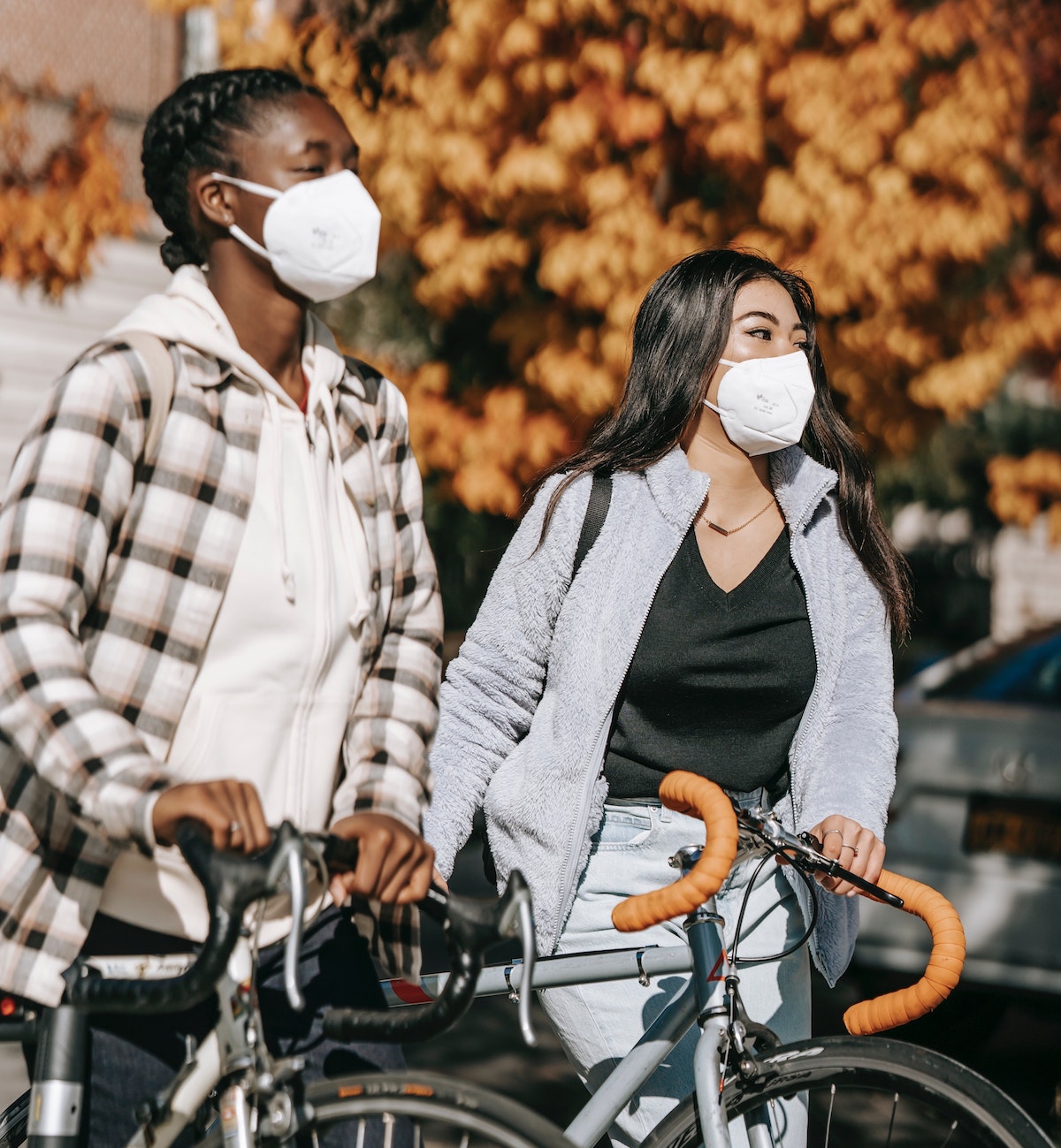The pandemic has made us revisit what a meaningful life is. You can read the first post on this here.
How do we manage our social lives?
Internet memes circulating at the beginning of the pandemic encouraged us to “look out for the extroverts in your life,” highlighting that lockdown for extroverts is like taking sunlight or water away from plants – and this may cause distress. Moreover, as lockdown continued, those who identify as introverted have started to realize that they too require social connection more than they may have realized.
Now that there are provincial roadmaps being proposed toward “reopening,” a range of emotions may be confronting us. This may not just be the excitement or relief we may have imagined we’d feel. Some individuals may be feeling new anxieties about potential demands on their recreational time, or having to redistribute more fortified boundaries to their workdays in order to fit in social visits.
As we look toward a reopening of our social calendars, here are five practical tips to help you navigate:
- We can dial up or dial down our social time to meet our own needs:
This may differ from the needs of family members or friends, and that can be ok. Expressing our own boundaries is better for not only ourselves, but also our close family and friends as they can better understand us and trust that we’re being honest with them. - This is an internationally experienced pandemic and there will be some internationally experienced social readjustment.
Social awkwardness will become something very relatable and may even provide some comedic relief as we transition towards being more social. - People will have differing preferences with regard to travelling, returning to work at an office, etc.
Having different preferences is entirely ok. It is important to keep an open line of communication with our employers so that they can understand any concerns that you may have, and you can also get more information that may help you feel safer. - Start with one-on-one social encounters.
If we ourselves, or a loved one, is struggling with re-acclimating to more outdoor or crowded activities, we can start with one-on-one social encounters, and in time move to more group-oriented events. - Identify and acknowledge shifts in lifestyle and priority.
There will be lifestyle changes achieved in the pandemic that some find preferable to how they were living previously. We may notice these preferences are different in ourselves and others. Ultimately, this experience may change some people’s perspectives on what is meaningful and valuable, which in itself will require some adjustment on everyone’s part.
Sometimes social anxieties or processing the losses or traumas that we have experienced during the pandemic can be quite overwhelming. Please don’t hesitate to reach out to ask for help with a licensed mental health provider.
The content of this blog is for informational purposes only. It is not intended to be a substitute for professional medical or psychological advice, diagnosis or treatment. Always seek the advice of your mental health provider or physician with any questions that you have regarding mental health concerns. If you think you have an emergency, please call 911 or visit your nearest emergency room.


